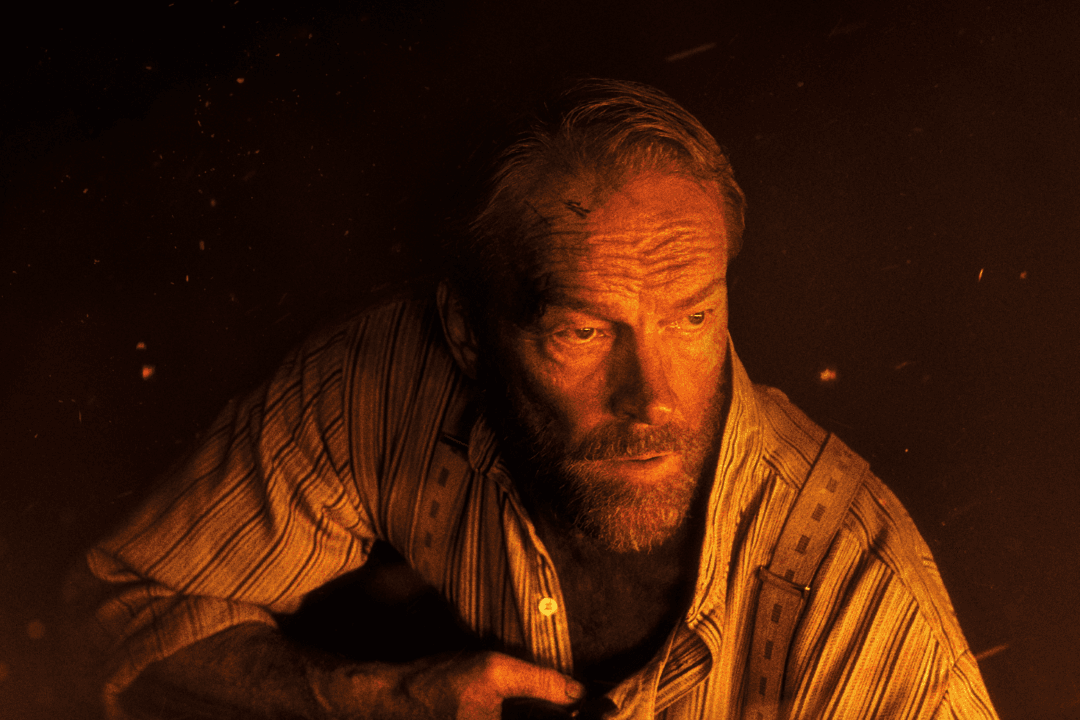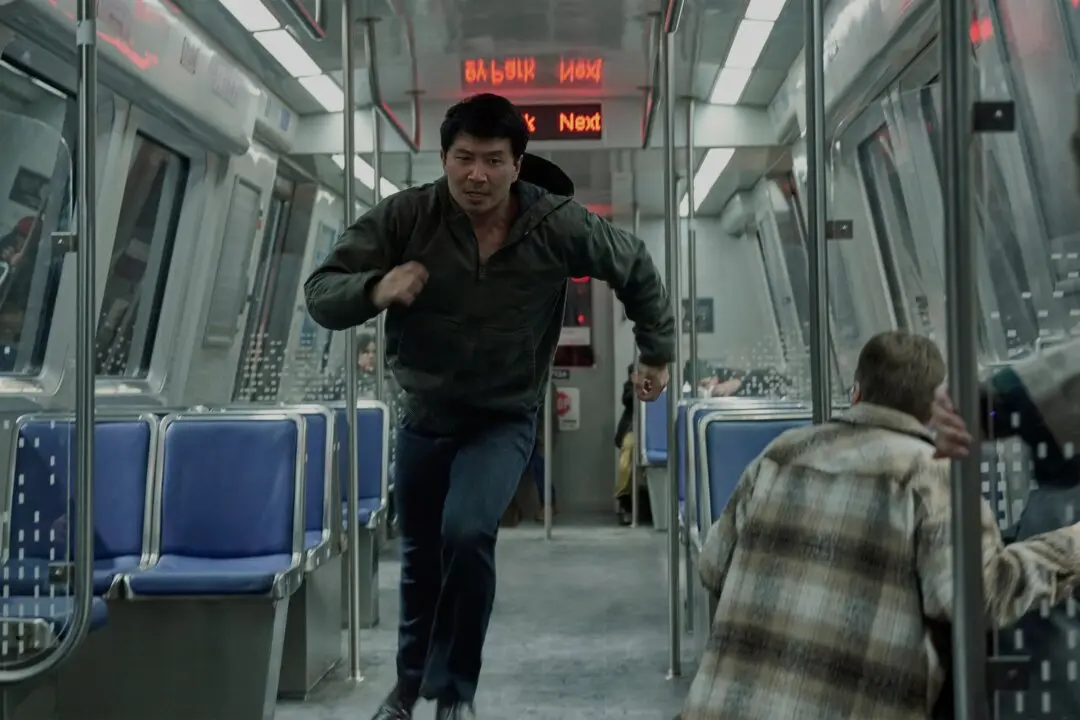NR | 1h 38m | War | 2024
The atrocities of World War I have largely been forgotten. While Chinese propaganda films continually promoted awareness of the “Rape of Nanjing” during World War II to stoke anti-Japanese prejudice, the “Rape of Belgium” during WWI has faded from the general public’s memory.





